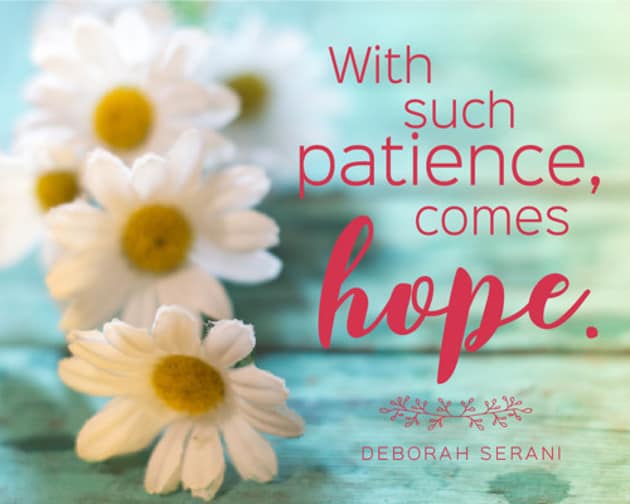
Over 300 million people suffer from depression worldwide. With these statistics, chances are you know at least one person who has depression. Your words can have a huge impact on them, so remember to think before you speak.
Here are seven phrases you should never say to someone with depression:
1. "At least you don't have..."
No matter how you finish this sentence, it's inappropriate to relate any other condition to depression. Comparing depression to anything else whether it be cancer, paralysis or a terminal illness is hurtful. The only comparison you should make between depression and other illnesses is that they are all out of your control.
2. "I know how you feel. I've been sad, too."
Try being empathetic, but if you haven't experienced depression, don't pretend to be an expert. Being empathetic means putting yourself in their place, but that isn't possible if you haven't experienced depression before. (Even if you have, depression is different for everyone.) Be compassionate and understanding of their situation.
If you don't understand what they are going through, be honest and say, "I'm sorry. I wish I knew how to help. Is there anything I can do?" This statement can encourage your loved one to reach for help. "When a person asks for help, they are more inclined to be guided and take direction without feeling insulted," said Dr. Deborah Serani, award-winning author and psychologist. "One of the best things you can do for them at this point is listen." Research shows that compassionate listening helps them recover sooner.
3. "Just be happier"
Sometimes people forget that being sad is OK. We don't have to spend our whole lives being happy. After all, how could we truly appreciate the good times without experiencing the bad? Phrases like "just be happier" can imply they aren't trying hard enough, which will only discourage them further. Instead, be patient with them. Your loved one's depression is going to take time to heal. "Patience is a pivotal part of supporting your loved one," according to Serani.
4. "There are people who have it worse"
There is always someone else who has it worse, but that doesn't mean that depression is easy. Everyone has their own struggles, and they react to challenges differently. By saying this phrase, you are minimizing their pain. Remember, depression is a disorder, not a weakness or personality flaw.
5. "You chose this"
No, they didn't. If you have a parent or sibling struggling with depression, you are about two to three times more likely to experience depression, according to Stanford Medicine. You don't inherit depression, but you do inherit genes from your parents that can lead to depression.
If you're worried about passing depression to your children, here's some information to give you peace of mind: Genes aren't the only factor involved in depression. "Even if someone is 'genetically loaded' because they have multiple relatives with depression - and their partner is equally genetically loaded - raising a child in a calm, predictable, loving, nurturing, limit-setting household with good nutrition, plenty of exercise, adequate sleep, and participation in enjoyable activities might either prevent or delay the onset of depression," said Mary Fristad, PhD.
6. "You just need to get out"
Finding motivation is hard for someone struggling with depression, as they tend to isolate themselves. While you have good intentions, going out with friends isn't going to fix a mental illness. Instead of encouraging them to get out of the house, stay connected with them. You can do something simple like send a text to let them know you're thinking of them, or bring over some takeout and chat with them.
7. "You're just doing this for attention"
Before jumping to conclusions, think of what message they are sending. This "attention-seeking behavior" might be a cry for help. Experts say people suffering from depression might feel unworthy of attention or help. Instead, remind them how much you love them. This won't make their depression disappear, but knowing you care will bring them comfort. "When I was struggling with my own depression, the most healing moments came when someone I loved simply sat with me while I cried, or wordlessly held my hand, or spoke warmly to me..." Serani said.
If you find yourself wondering what to say to your loved one coping with depression, ask yourself these two questions: "Is what I'm about to say supportive?" or "Is what I'm about to say demeaning or discouraging in any way?" Your loved one needs to know that you'll support them through the good and bad patches of life, and you can help by simply being there for them.


